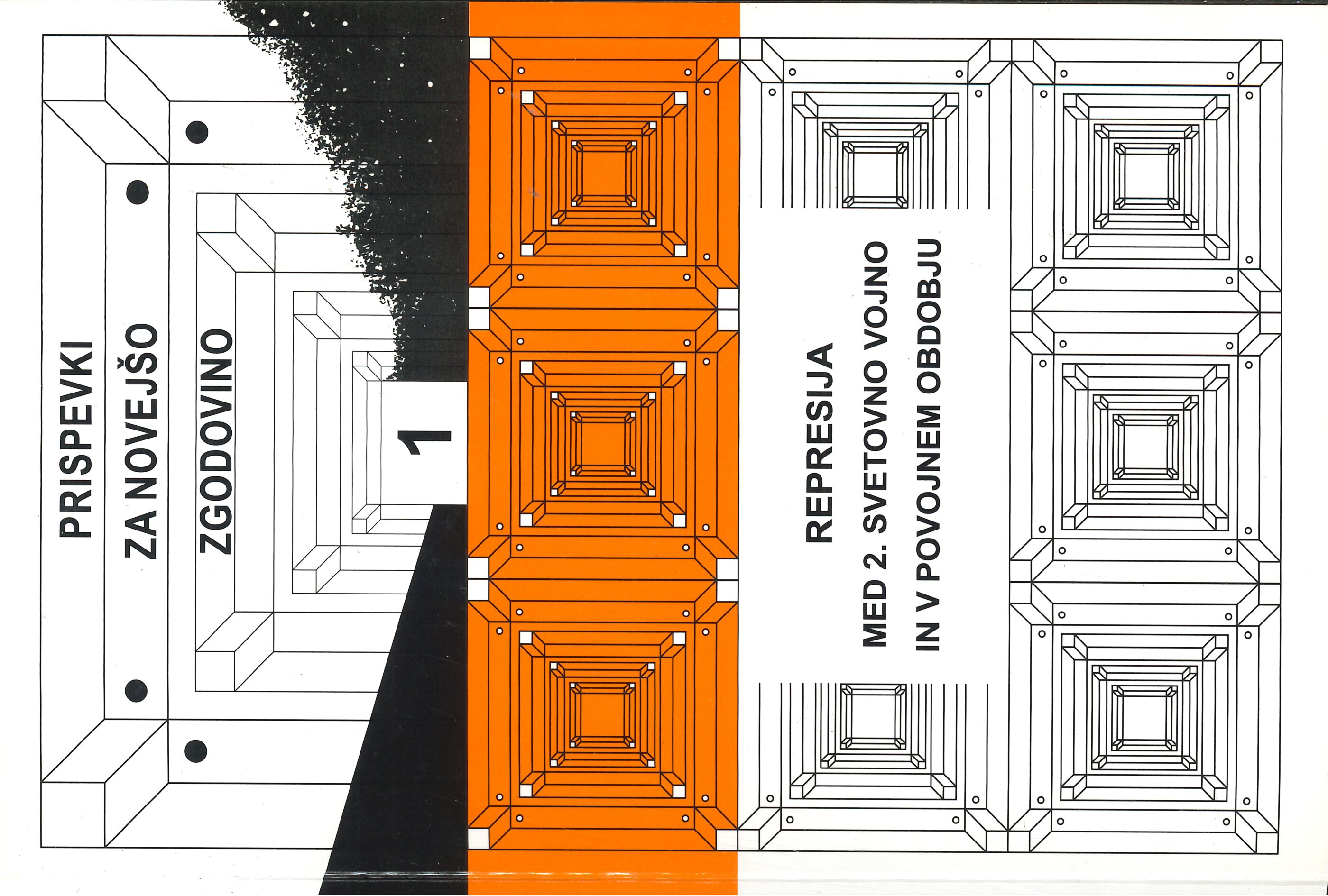Avstrijski in britanski varnostni organi in njihov odnos do koroških Slovencev v prvih letih po drugi svetovni vojni
Ključne besede:
Carinthia, Austria, Carinthian Slovenians, Provincial Committee of the Liberation Front for Slovenian Carinthia, Karl Prušnik – Gašper, Gerald Sharp, Col. CohenPovzetek
AUSTRIAN AND BRITISH SECURITY BODIES AND THEIR ATTITUDE TO CARINTHIAN SLOVENIANS DURING THE FIRST YEARS AFTER THE WORLD WAR II
Immediately after the liberation Carinthian Slovenians – especially those in favour of the annexation of the Carinthian territory inhabited by Slovenians or with mixed population to the homeland – faced various forms of repression carried out by the British military government and Austrian security bodies, subordinate to the British. They mostly suffered due to the general ban on public meetings, prohibition of their own press, and systematic protraction of the restoration of pre‐war political, cultural and economic organisations and societies. The authorities delayed the restoration of the Union of Carinthian Cooperatives until as late as February 1949, causing extensive material damage to the Carinthian Slovenians. The number of cooperative members fell to 10% of pre‐war membership.
Due to activities in the interest of the Slovenian nation, the officials and activists of the Provincial Committee of the Liberation Front for Slovenian Carinthia, its subcommittees and other organisations established during anti‐fascist resistance were tried at military courts. A large number of youth activists received many months of prison sentences, the gatherings were subject to physical attacks, and even individual Slovenian priests were not safe from repression. The authorities refused to issue passports to certain individuals, thus preventing Slovenian officials from stating their demands at international conferences. Security bodies often sought Slovenian periodicals and literature and searched intensively for the collection of texts entitled Koroški zbornik, published in Ljubljana in 1946. All criticism of the measures taken by the occupying forces was forbidden. Of the British officers only Gerald Sharp exhibited a more positive attitude towards Carinthian Slovenians, while many of them have bad memories of the military judge lieutenant colonel Cohen. After the decision reached in Paris on 20 June 1949 that the Austrian‐Yugoslav border is to remain unchanged, the repression gradually subsided.
Prenosi
Objavljeno
Številka
Rubrika
Licenca
Avtorji prispevkov, objavljenih v tej reviji, soglašajo z naslednjimi pogoji glede avtorskih pravic:
- Avtorji ohranijo avtorske pravice, reviji pa odobrijo pravico do prve objave. Delo se hkrati zaščiti z licenco za prosto uporabo avtorskih del (Creative Commons Attribution License), ki drugim osebam omogoča deljenje dela ob priznanju avtorstva in prve objave v tej reviji.
- Avtorji lahko sklenejo ločene dodatne pogodbene dogovore za neizključno distribucijo različice dela, objavljene v reviji, (npr. oddaja v institucionalni repozitorij ali objava v knjigi) z navedbo, da je bilo delo prvič objavljeno v tej reviji.
- Pred postopkom pošiljanja in med njim lahko avtorji delo objavijo v spletu (npr. v institucionalnih repozitorijih ali na svoji spletnih strani), k čemer jih tudi spodbujamo, saj lahko to prispeva k plodnim izmenjavam ter hitrejšemu in obsežnejšemu navajanju objavljenega dela (glej The Effect of Open Access).


